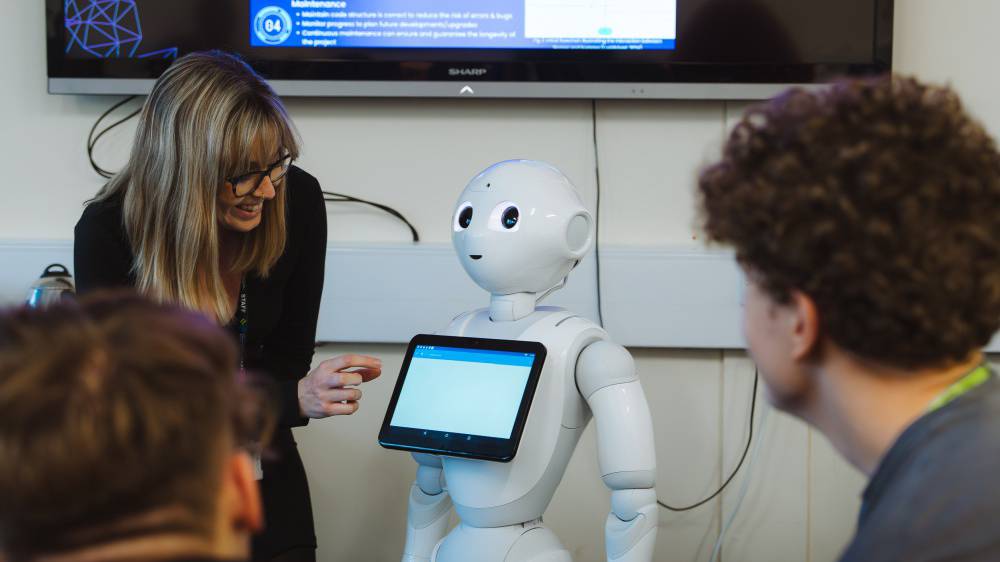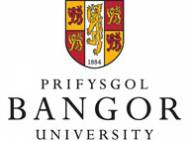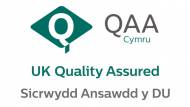BSc (Hons) 3D Art and Games Development (Top-up)
Key Details
- Available at:Rhos-on-Sea
- Study Mode:Part-time, Full-time
- Course Length:
Full-time: 1 year, OR Part-time: 2 years
- UCAS Codes:6T50
BSc (Hons) 3D Art and Games Development (Top-up)University-level Courses
Part Time
If you are applying to study part-time you can apply directly to the campus of your choice.
Full Time
If you are applying to study full-time you can apply directly to the campus of your choice.
Course Description
If you have already completed the Foundation Degree in Animation and Games Development (or equivalent), then this course gives you the opportunity to progress onto Level 6 and gain a full honours degree.
Individual and group work will allow you to explore areas of interest to you and develop your independent learning ability.
Grŵp Llandrillo Menai is a member of the PlayStation®First Academic Programme run by Sony Interactive Entertainment Europe (SIEE), which provides access to professional development hardware and software tools for both staff and students.
Modules:
Level 6:
- Capstone
- Group Project 1 - Planning and Prototyping
- Group Project 2 - Project Completion
- Advanced 3D
- Advanced Game Production
Additional information
More detailed information on Modules is to be found in the ‘Additional Campus/Course Information’ section.
Entry Criteria
Academic Requirements:
- Foundation Degree (FdSc) 3D Art and Games Development, or other Level 5 qualification in a relevant discipline.
Where students take a break from their studies following completion of their Foundation Degree, applications for direct entry should be made via the Credit Transfer process.
Language requirements:
- GCSE in Welsh or English as first language, grade C/4 or above.
- Any degrees, diplomas or certificates eligible above should have been taught and assessed in Welsh/English
- For overseas applicants, for entry onto Level 4: IELTS 5.5 or higher (with no element less than 5.0)
- For overseas applicants, for entry onto Levels 5: IELTS 6.0 or higher (with no sub-part less than 5.5).
All places are subject to satisfactory interview.
If your qualifications do not meet the entry requirements listed above, we would still encourage you to apply for the course you're interested in, as many of our courses will consider learners based on their previous work and skills experience rather than their qualifications.
Delivery
The course is delivered through a blend of the following:
- Interactive lectures
- Tutorials / workshops
- Guest speakers
- Student centered learning
- Virtual learning environment (MOODLE)
Learning is participative and informal, and full of opportunities for the individual to explore their creativity.
Industrial placement may also form part of the course.
Students are responsible for organising their own work experience if it is a requirement on their programme, and they will be supported by the course team.
Additional costs may be associated with the following:
- A suitable computer or laptop that is capable of running modern 3D graphics software will support students with their independent learning hours. Approximately £1000
- Non mandatory trips that may be offered throughout the programme
- Non mandatory developer licenses, (e.g., Android) that may showcase your work externally. Approximate cost $25, Maxon One subscription approximately £66
Where possible, all software used on the programme is free, however in some instances, students may wish to purchase personal licences for software.
Timetable
Full Time
- Level 6 - Wednesday & Friday, 9am – 5pm
Part Time
- Year 1 – Wednesday, 9am – 5pm
- Year 2 – Friday, 9am – 5pm
Fees
Visit our course fees page for information on full and part-time degree course fees.
Financial Support
Visit our financial support page for information on the range of support available.
More detailed information on other costs associated with your course and work placements/work experience (if applicable) will be outlined in the programme validation document and explained to you at your interview.
Start date
September
Contact:
For specific course enquiries, please contact:
Joe Owen (Programme Leader): owen10j@gllm.ac.uk
David Clarke (Administration): clarke1d@gllm.ac.uk
For general enquiries about our degrees, please contact: degrees@gllm.ac.uk
Assessment
The course is assessed through a blend of the following:
- Reports
- Portfolios
- Art Tasks
- Development Tasks
- Demonstrations
- Presentations
Feedback
Where relevant, assessments will be marked and returned to students with constructive and developmental feedback. Effective feedback combines information which enables students to understand the strengths and limitations of their past performance, and information which enables them to recognise how future performance can be improved. Students will be provided with feedback in a timely manner and this feedback will justify how the grade has been awarded. Students will have the opportunity to reflect on the feedback given and identify their strengths, things they found challenging and areas for development that they will feed forward to their next assessment. Feedback will include linking evidence to assessment criteria to demonstrate how the student will have met the learning outcomes.
Progression
You could choose one of the many different courses available at Grŵp Llandrillo Menai, or employment.
Campus Information Rhos-on-Sea
For every 10 credits, students should engage with around 100 notional hours of learning. This will be approximately 30% direct learning contact 70% independent student learning.
Level 6 Modules:
Capstone (40 Credits)
This module aims to create a platform for students to investigate and refine a particular skill within the games development field. Students are expected to identify, explore, and complete a games development related project that will support them in their future endeavours.
Group Project 1: Planning and Prototyping (20 Credits)
This module allows students working in groups, typically 3 – 5, to explore a chosen area or areas of the gaming industry in more depth in a project that will deploy skills acquired from prior learning and develop group working skills. Students will devise and comply with self-imposed schedules (negotiated with project supervisor), manage their own learning and present a practical approach to a project brief.
Group Project 2: Project Completion (20 Credits)
In following the principles outlined and learnt in Group Project 1 – Planning and Prototyping, students will undertake the main project which has been planned in semester 1. Students will need to create new schedules, adhering to their chosen methodology, which they will be expected to follow until the project completion.
Advanced 3D (20 Credit)
This module emphasises the role of context in 3D design, guiding students to develop assets that align with narrative and visual intent. Through a combination of research, conceptual development, and creative refinement, students will create detailed and impactful models.
Advanced Game Production (20 Credit)
This module is designed to build on the pre-existing games development skills that a student will have. The module will enable students to champion certain aspects of game development, and create pieces of work that they will be proud to show the wider public. The module will ensure that projects are completed to a finished standard, that will sit within the public domain well.
Other details
Course type: University-level Courses
Level:
6
Programme Area:
- Computing, Digital Technologies and Games Development
Awarding Body: Bangor University
Computing, Digital Technologies and Games Development
Learn more about this area and see our course level guide:
Computing, Digital Technologies and Games Development

Awarding Body

